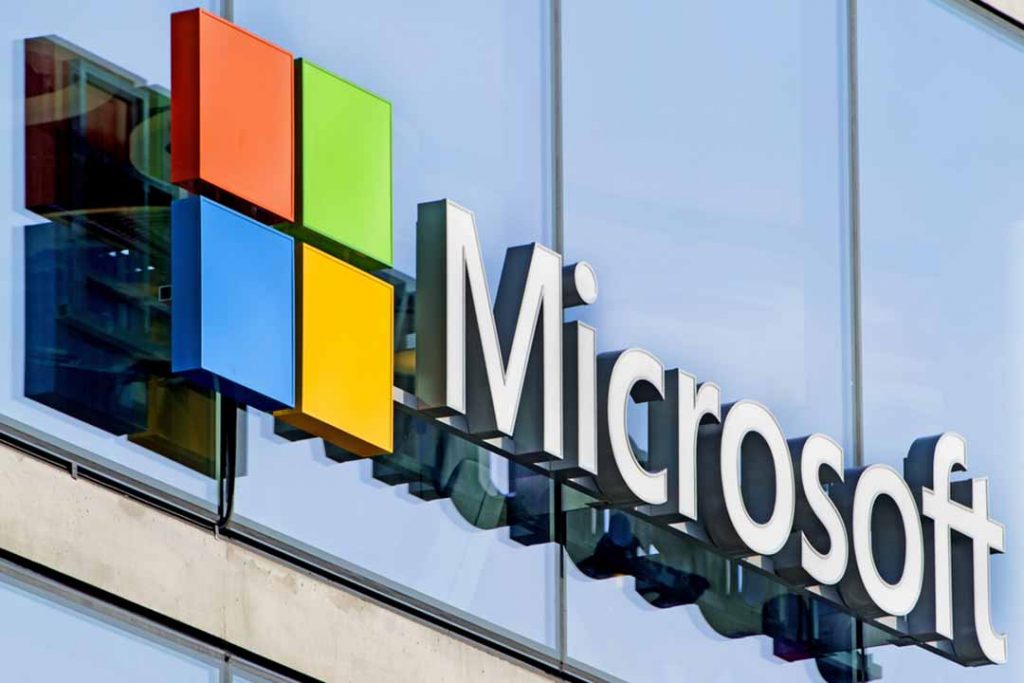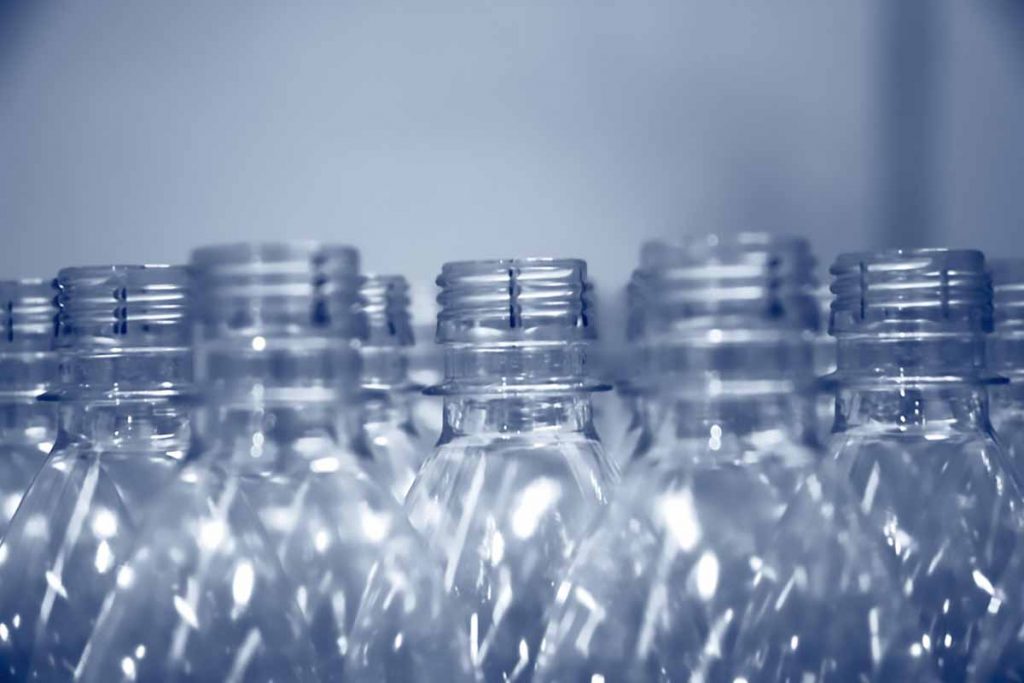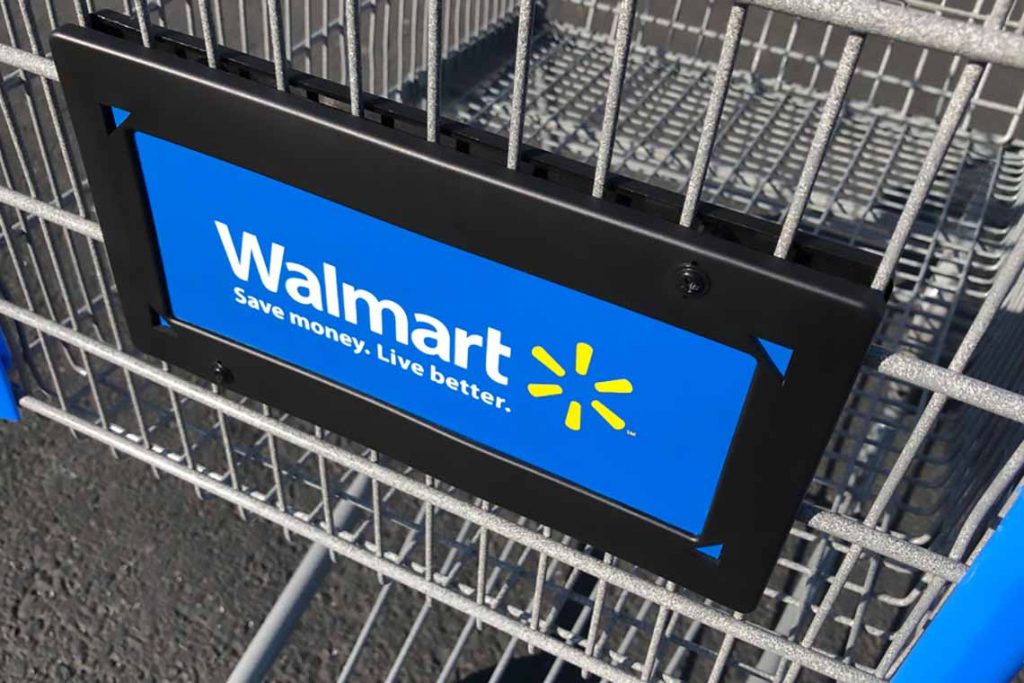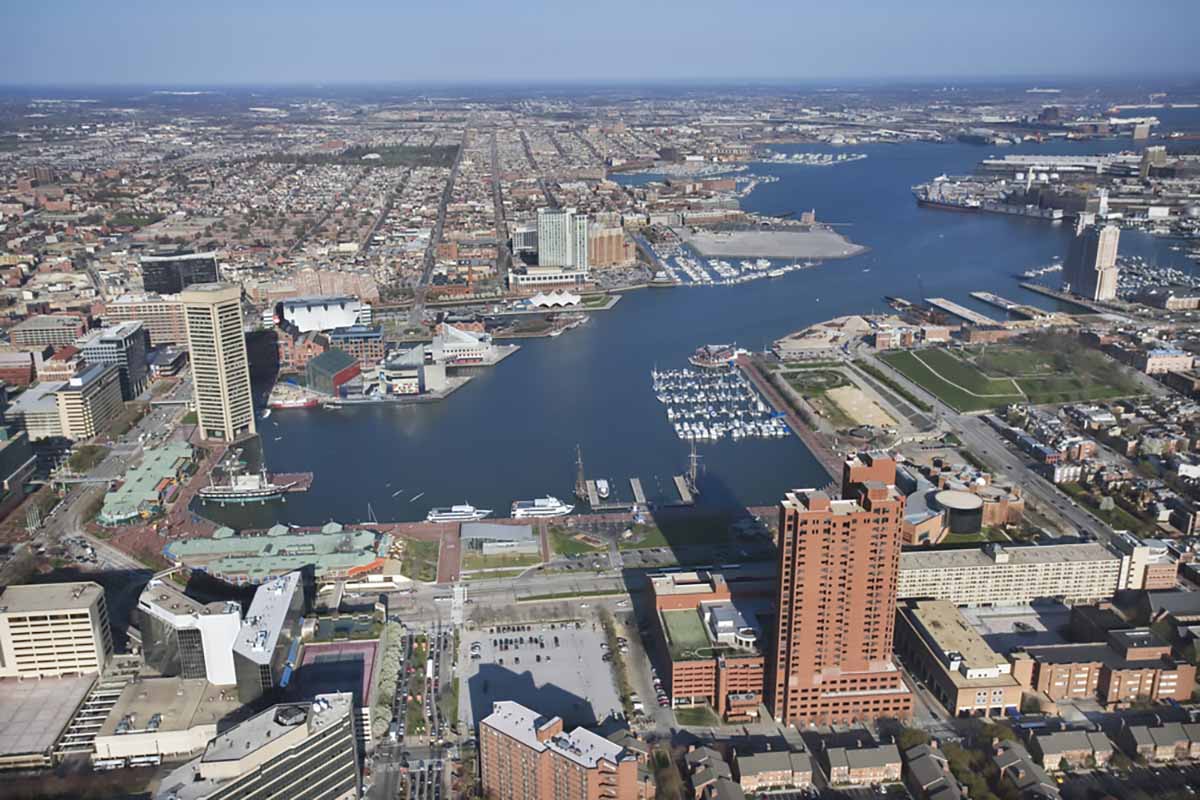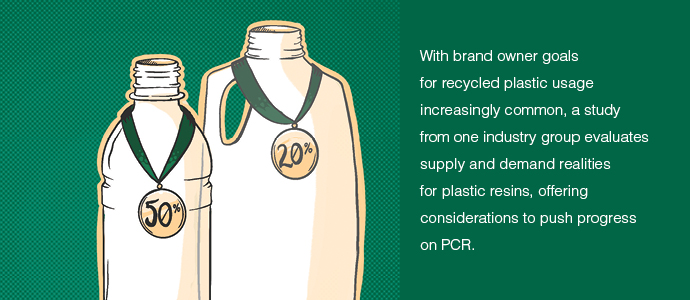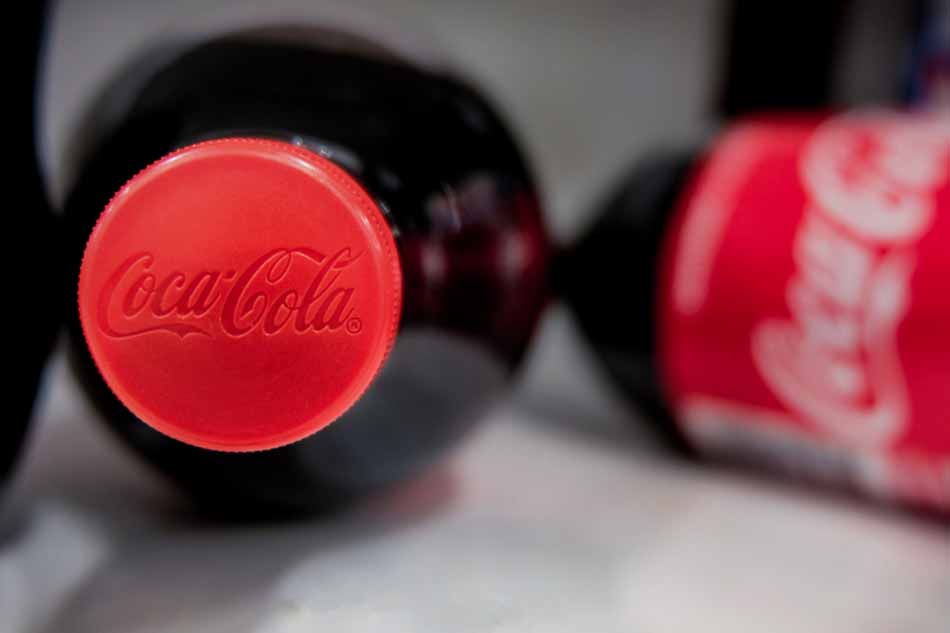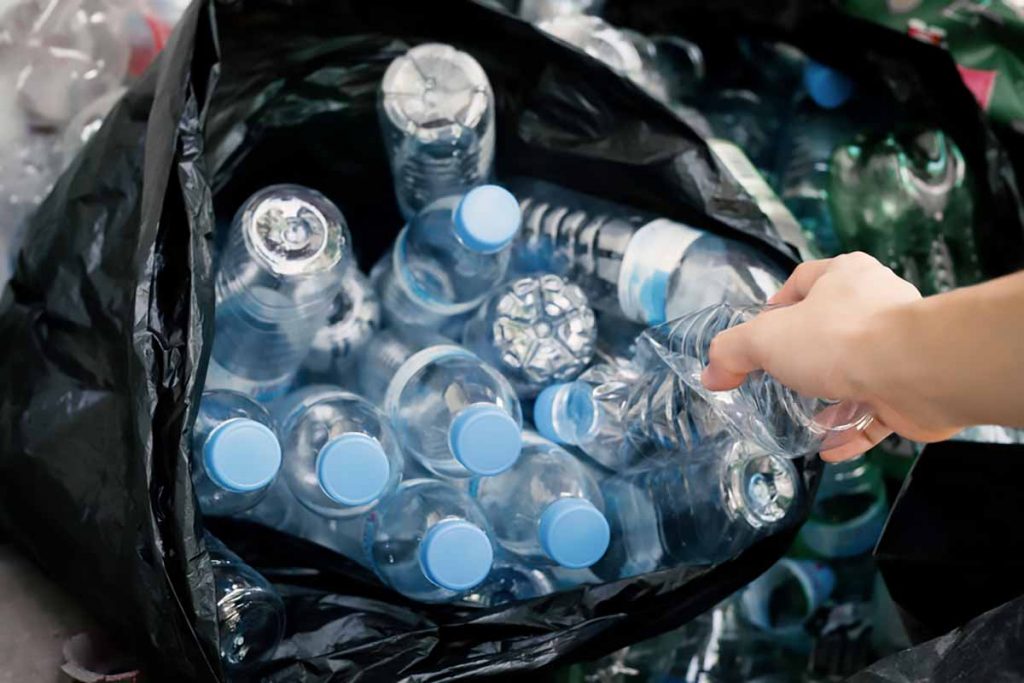
Trex will invest $400 million over five years in a recycling and production site at the Port of Little Rock. | Courtesy of Trex
Already the largest scrap film recycler in the U.S., Trex is set to build a large polyethylene recycling and composite lumber production campus in Little Rock, Ark.


